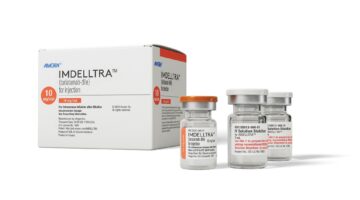 The Edison diagnostic devices developed at Theranos couldn’t even match its own quality control standards, a new federal inspection report reviewed by the Wall Street Journal reports. Furthermore, they were run by unqualified personnel – and there were often lengthy delays in Theranos telling patients that their test results were flawed, or that or that blood samples were stored at the wrong temperature.
The Edison diagnostic devices developed at Theranos couldn’t even match its own quality control standards, a new federal inspection report reviewed by the Wall Street Journal reports. Furthermore, they were run by unqualified personnel – and there were often lengthy delays in Theranos telling patients that their test results were flawed, or that or that blood samples were stored at the wrong temperature.
This news comes on the heels of a study from researchers at Icahn School of Medicine that showed the results for cholesterol tests differed so much from its competitors that they could alter doctors’ medical decisions, as Wall Street Journal reported just this week.
The 121-page report from the Centers for Medicare and Medicaid Services shows that 29 percent of quality control checks performed on Edison machines in October 2014 generated results that fall outside of Theranos’ acceptable range, WSJ said. And in February last year, a test run on Edison to measure a hormone that impacts testosterone levels failed 87 percent of quality control checks, federal inspectors found. About 890,000 tests were conducted per year.

BioLabs Pegasus Park Cultivates Life Science Ecosystem
Gabby Everett, the site director for BioLabs Pegasus Park, offered a tour of the space and shared some examples of why early-stage life science companies should choose North Texas.
The company is beginning to own up to its past mistakes, and submitted an improvement plan to regulators in February.
However, CMS has found that Theranos’ turnaround plan is inadequate and “plans to impose sanctions against Theranos,” sources have told WSJ. This could simply involve a fine – or it could go so far as to suspend or revoke the lab’s ability to test human samples legally, WSJ says.
“This is the first time that we’ve actually seen data from the Theranos instrument, and it’s as bad as one would have worried it would be,” Stephen Master, associate professor of pathology at Weill Cornell Medical College in New York, told WSJ. “Based on this data, it’s hard for me to believe that they went live with this instrument and tested patient specimens on it.”












